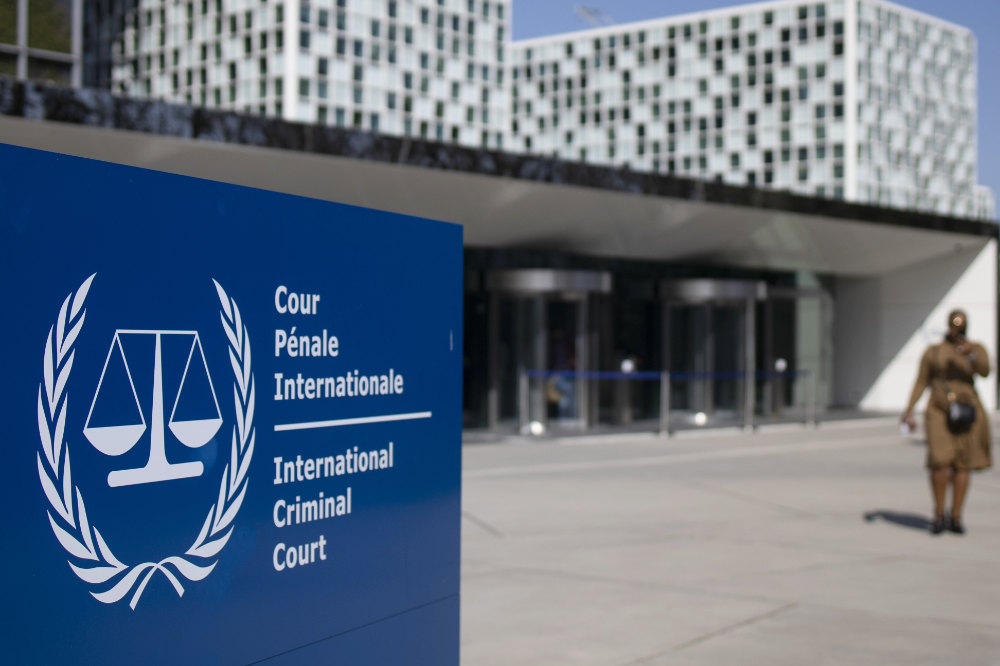THE HAGUE: Ukraine will ask the United Nations’ top court on Monday to issue an emergency ruling requiring Russia to stop its invasion, arguing that Moscow’s justification for the attack is based on a faulty interpretation of genocide law.
Although the court’s rulings are binding and countries generally follow them, it has no direct means of enforcing them.
Russian President Vladimir Putin has said Russia’s “special military action” is needed “to protect people who have been subjected to bullying and genocide” — meaning those whose first or only language is Russian — in eastern Ukraine.
Ukraine’s suit argues that the claim of genocide is untrue, and in any case does not provide legal justification for invasion.
The case it has lodged at the World Court, officially known as the International Court of Justice (ICJ), centers on the interpretation of a 1948 treaty on the prevention of genocide, signed by both countries. The treaty names the ICJ as the forum for resolving disputes between signatories.
Last week, the executive board of the International Association of Genocide Scholars issued a statement saying that Putin was “misappropriating and misusing the term ‘genocide’.”
“There is absolutely no evidence that there is genocide going on in Ukraine,” the association’s president, Melanie O’Brien, told Reuters.
The Russian embassy in The Hague did not immediately respond to questions from Reuters about the case.
The ICJ can order fast-track “provisional measures” in a matter of days or weeks to prevent a situation from worsening before it looks at the merits of a case, or whether it has jurisdiction.
Ukraine sought provisional measures from the court in 2014 after Russia’s annexation of Crimea, and the ICJ ordered both sides not to worsen the dispute.
The hearings start at 10 a.m. (0900 GMT) with Ukraine presenting its case. Russia is due to respond on Tuesday.
Ukraine and Russia to face off at World Court over genocide claim




